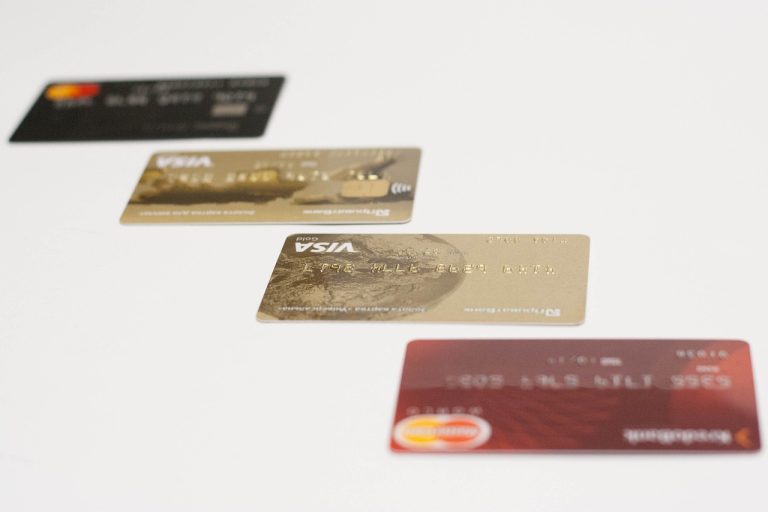Credit Card Application Process
Applying for a credit card is a significant financial step that can impact your credit score and overall financial health. Understanding the credit card application process can help you make informed decisions and increase your chances of approval. In this guide, we will walk you through the steps involved in applying for a credit card.
1. Assess Your Credit Score
Your credit score plays a crucial role in determining your eligibility for a credit card and the terms you may be offered. Before applying for a credit card, check your credit score with major credit bureaus such as Equifax, Experian, or TransUnion. A higher credit score increases your chances of approval and may qualify you for better interest rates and rewards.
2. Research Different Credit Cards
There are various types of credit cards available, each offering different benefits and rewards. Research different credit cards to find one that aligns with your spending habits and financial goals. Consider factors such as annual fees, interest rates, rewards programs, and introductory offers when comparing credit card options.
3. Gather Required Documents
When applying for a credit card, you will need to provide personal information such as your full name, address, social security number, employment details, and annual income. Make sure to have these documents ready to streamline the application process.
4. Fill Out the Credit Card Application
Once you have chosen a credit card that suits your needs, proceed to fill out the online or paper application form. Provide accurate information to avoid delays in processing your application. Double-check the details before submitting the application.
5. Wait for Approval
After submitting your credit card application, the card issuer will review your application and assess your creditworthiness. This process may take a few days to a few weeks depending on the issuer’s policies. You may be approved instantly, or the issuer may request additional information before making a decision.
6. Understand the Terms and Conditions
If your credit card application is approved, carefully review the terms and conditions provided by the issuer. Pay attention to details such as interest rates, fees, grace periods, and rewards structure. Understanding these terms will help you manage your credit card responsibly and avoid unnecessary charges.
7. Activate Your Credit Card
Once you receive your new credit card in the mail, follow the activation instructions provided by the issuer. Typically, you can activate your card online or by calling a designated phone number. Activating your card allows you to start using it for purchases.
8. Use Your Credit Card Responsibly
After activating your credit card, use it responsibly by making timely payments and keeping your balances low relative to your credit limit. Responsible credit card usage can help you build a positive credit history and improve your credit score over time.
9. Monitor Your Credit Card Activity
Regularly monitor your credit card statements for any unauthorized charges or errors. Keeping track of your spending habits can help you stay within your budget and detect any fraudulent activity on your account promptly.
10. Review Your Credit Report Regularly
Check your credit report periodically to ensure that all information is accurate and up-to-date. Monitoring your credit report can help you identify any discrepancies or issues that may affect your credit score. You are entitled to one free credit report annually from each of the major credit bureaus.
By following these steps and understanding the credit card application process, you can make informed decisions when applying for a new credit card. Remember to use your credit card responsibly to build a positive credit history and achieve your financial goals.
If you need further assistance with managing your finances or improving your credit score, consider consulting with a financial advisor for personalized guidance.






